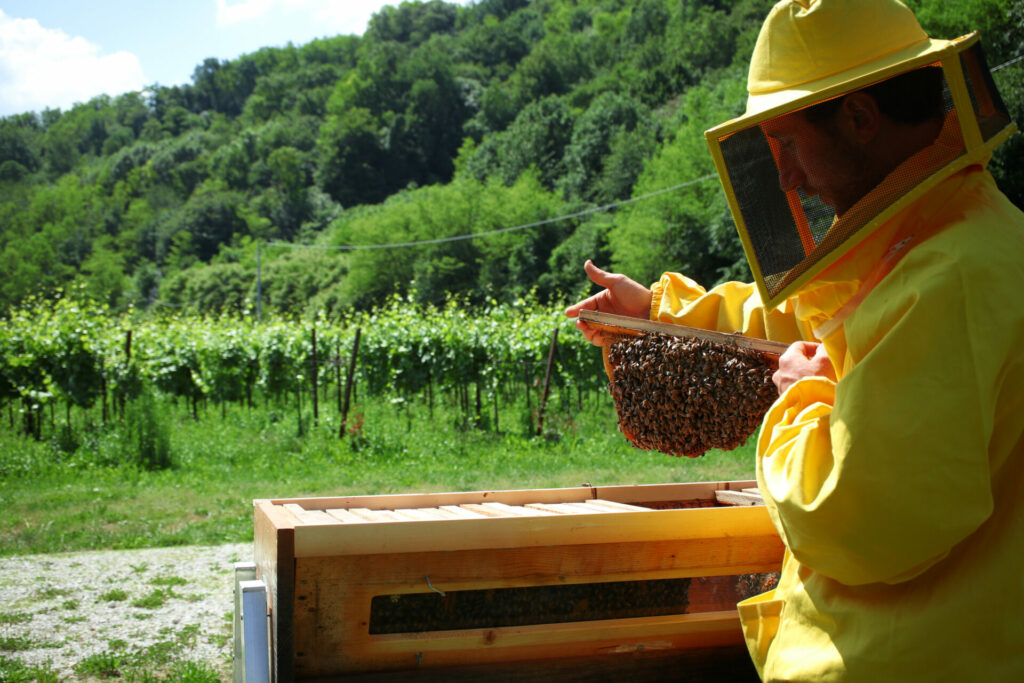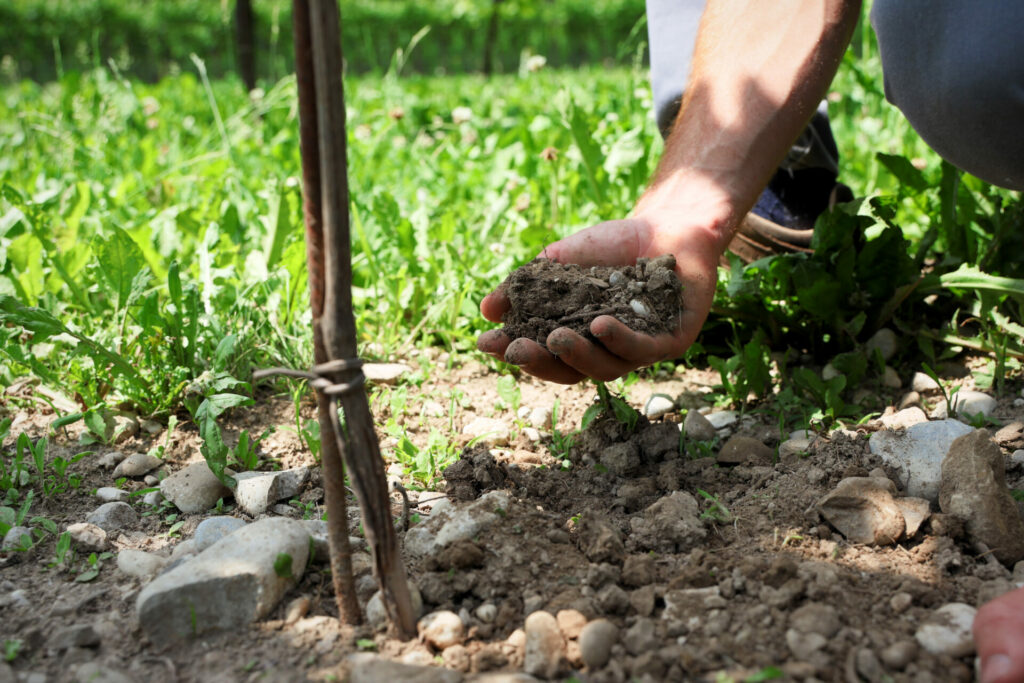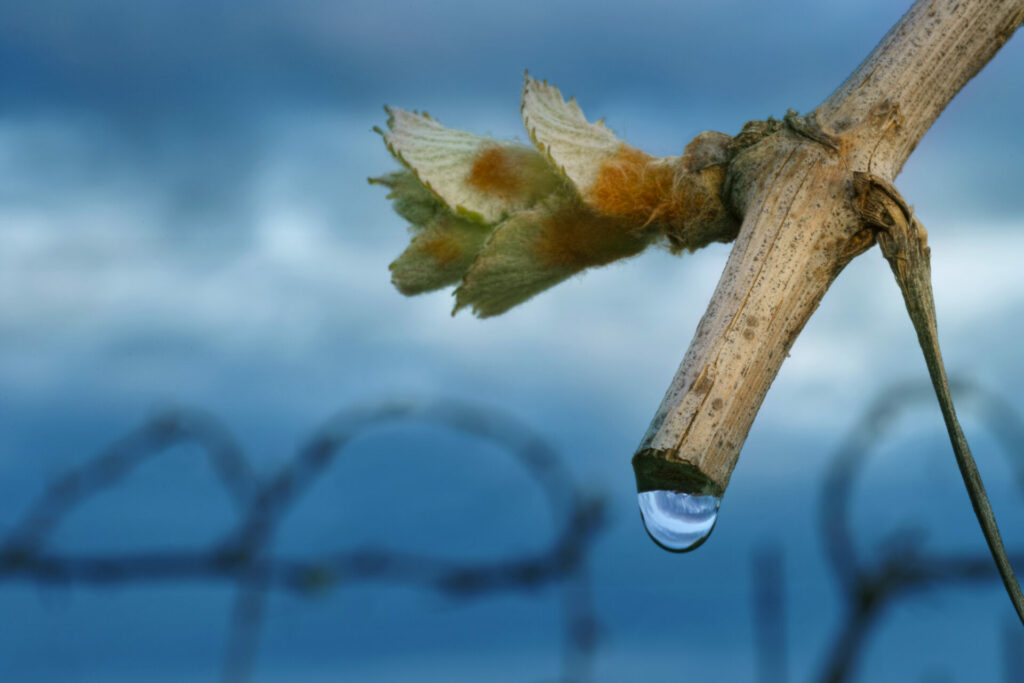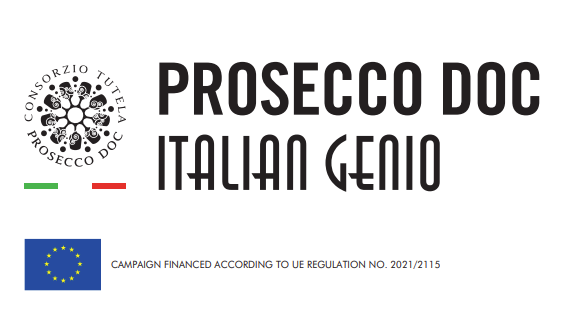
A COMMUNITY OF BUSINESSES UNITED FOR ENVIRONMENTAL PROTECTION AND MORE
Prosecco DOC has a deep connection to its place of origin, its traditions, and the lifestyle of the people who inhabit it. It spans nine provinces across Veneto and Friuli-Venezia Giulia, regions rich in natural beauty and home to an ecosystem that must be preserved for future generations. The Prosecco DOC Consorzio, since its inception in 2009, has taken responsibility for addressing environmental protection, ethical-social responsibility, and economic sustainability. In line with these values, the Consorzio has been initiating tangible and measurable projects for several years.
This is a virtuous path aimed at reducing environmental impact and achieving Sustainable Designation certification. To this end, the Consorzio has decided to follow the guidelines set by Equalitas for Designation, which embraces environmental, ethical-social, and economic sustainability. It’s an ambitious project: for the designation certification, at least 60% of the total area must be under the Equalitas protocol. To achieve this goal, Prosecco DOC has launched the initiative “Prosecco, Sustainable Designation – a community of businesses for a sustainable product,” a voluntary association project that invites companies in the supply chain to pursue certification and enhance their level of sustainability.

Among the various actions undertaken, the Pro.s.e.c.co (Prosecco DOC Wine Supply Chain Sustainability and Competitiveness Program) is being developed as a consortium platform designed to collect all information related to vineyard operations, particularly for monitoring the use of plant protection products, water footprint, and carbon footprint. By automating the flow of information, the goal is to easily compile the Sustainability Report of the Designation, a vital document for obtaining the Sustainable Designation certification.
GOOD PRACTICES IN THE VINEYARD: THE VITICULTURAL VADEMECUM

Let’s start with the environment. Viticulture, like all agricultural practices, has a significant impact on the natural ecosystem. It is essential to study and understand which interventions to implement to reduce this impact as much as possible, while maintaining and preferably improving the quality of the final product. For this purpose, each year, the Prosecco DOC Consorzio presents a vademecum to the entire supply chain, offering an overview of the most sustainable vineyard defense strategies. These include promoting biodiversity and soil health by eliminating herbicides, using organic fertilizers and microorganisms, reducing chemical inputs, improving irrigation efficiency, and maintaining vegetative-productive balance.
GREEN MOSAIC AND ENHANCING THE TERRITORY
Good vineyard practices are not enough to preserve the land and its biodiversity. Trees and hedges are essential elements that create a harmonious and natural landscape, especially in the Prosecco DOC region, which extends across nine provinces of Veneto and Friuli-Venezia Giulia. The Consorzio has joined the Green Mosaic initiative, a campaign to rehabilitate Italian landscapes through afforestation projects and sustainable forest management. It has done so creatively by linking vineyard potential adjustments to environmental sustainability, granting Prosecco DOC eligibility to new vineyards that devote at least 5% of their land to hedges or wooded areas. To date, this has resulted in the creation of a tree and shrub area of 76 hectares!
ZONING, SUSTAINABILITY, RESILIENCE

As mentioned earlier, the Prosecco DOC territory is vast and varied in terms of both soil and climate. Understanding its characteristics and needs has been crucial for improving production quality, optimizing resources in the vineyard and winery, and reducing waste. To meet these needs, the Prosecco DOC Consorzio launched an innovative zoning project in 2022. This project goes beyond simple soil and climate analysis, identifying areas most susceptible to thermal and water risks and allowing targeted agricultural practices. Advanced technologies provide valuable insights on a large scale by monitoring and differentiating crop, climate, and soil conditions at strategic times. Once areas are identified, precision interventions suited to each specific territory can be planned.
SUSTAINABLE PROSECCO AND CORPORATE SOCIAL RESPONSIBILITY
Today, more than ever, it is important and necessary to build business models where everyone shares the common goal of fostering social sustainability that positively connects business needs with workers’ needs, creating a sense of unity. Equity, respect, commitment, and integrity are the values embraced by the Prosecco DOC Consorzio, which has launched the “Sustainable Prosecco” project. This initiative aims to address Corporate Social Responsibility (CSR) issues by implementing concrete actions related to human and labor rights, health and safety integration within companies, skill development, requalification, and the social sustainability of the wine sector where businesses operate. There are three main goals: to make Prosecco DOC sustainable by activating virtuous mechanisms that drive continuous improvement; to guarantee stakeholders the level of sustainability achieved through third-party certification; and to communicate to stakeholders the value of the sustainability achieved along with the goals and projects for future improvements.
The actions described here represent a crucial vision for a vast winemaking territory like that protected by the Prosecco DOC Consorzio, which oversees nearly 12,000 wine-growing companies, more than 1,100 winemaking firms, and 355 sparkling wine houses!
